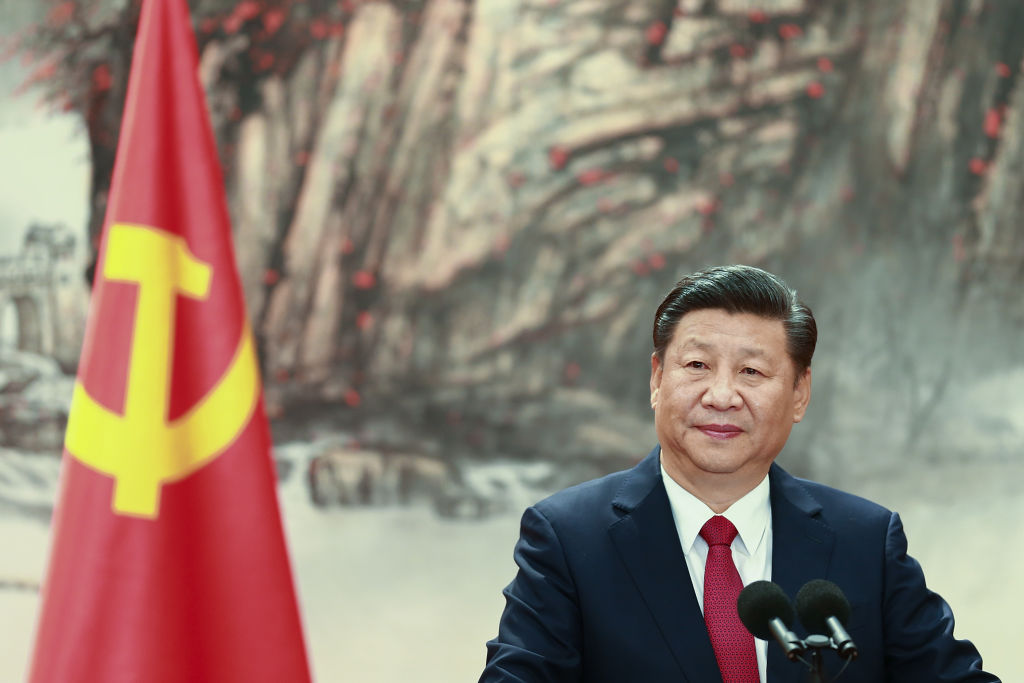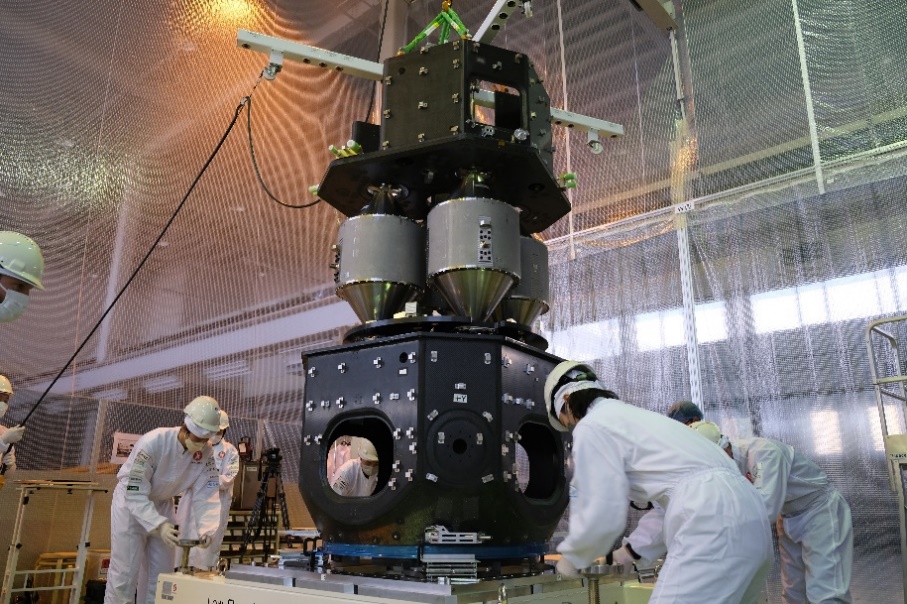Hello and welcome back to Max Q!
In this issue:
- The Chinese subsidiaries of U.S. VC firms investing in space tech
- ispace eyes April lunar landing
- News from Rocket Lab, United Launch Alliance and more
As tensions build, Silicon Valley’s Chinese affiliates invest in sensitive space tech
Over at TC+, I have a new story about some outbound U.S. space investing. According to data reviewed by TechCrunch, Chinese subsidiaries of American venture capital firms are investing money from U.S.-based funds into Chinese space startups, even as the Pentagon warns of Beijing’s growing activity in the space arena.
The data, collected by PitchBook, includes information on past limited partners and investments of the Chinese units of Sequoia Capital, Matrix Partners and Lightspeed Venture Partners. Space industry investments represent a very small but notable portion of these firms’ portfolios, with Sequoia Capital China and Lightspeed China investing in two companies each and Matrix China investing in eight. Startups that have landed funding include companies working on launch, satellite manufacturing and Earth observation.
This is particularly interesting given that the White House is mulling a new order that would require firms to increase transparency and reporting around outbound investment in sensitive technologies, like semiconductors, to countries like China. One investor, who asked to remain anonymous, citing co-investments with Sequoia Capital, told TechCrunch that the stakes are high.
“The dividing line between what is an aerospace technology and what is a defense technology is even more blurry than in the case of semiconductors, which we need to drive our cars and use our phones,” the investor said.

BEIJING, CHINA – OCTOBER 25: Chinese President Xi Jinping speaks at the podium during the unveiling of the Communist Party’s new Politburo Standing Committee at the Great Hall of the People on October 25, 2017 in Beijing, China. China’s ruling Communist Party today revealed the new Politburo Standing Committee after its 19th congress. (Photo by Lintao Zhang/Getty Images)
Eyeing a new lunar economy, ispace plans to land on the moon at the end of April
Tokyo-based ispace said its Hakuto-R lunar lander is on track to reach the moon at the end of April.
Ispace launched the lander on board a Falcon 9 in December; since then, the spacecraft has traveled around 1,376 million kilometers, the farthest a privately funded, commercial operating spacecraft has ever journeyed into deep space. The company anticipates completing all deep space orbital maneuvers by mid-March, followed by insertion into lunar orbit in late-March.
The company is racing to be the first fully private entity to land on the moon. Ispace is betting big that resource extraction and payload delivery will be major revenue-drivers as access to the moon becomes further unlocked through programs like NASA’s Artemis initiative.

Image Credits: ispace (opens in a new window)
More news from TC and beyond
Max Q is brought to you by me, Aria Alamalhodaei. If you enjoy reading Max Q, consider forwarding it to a friend.